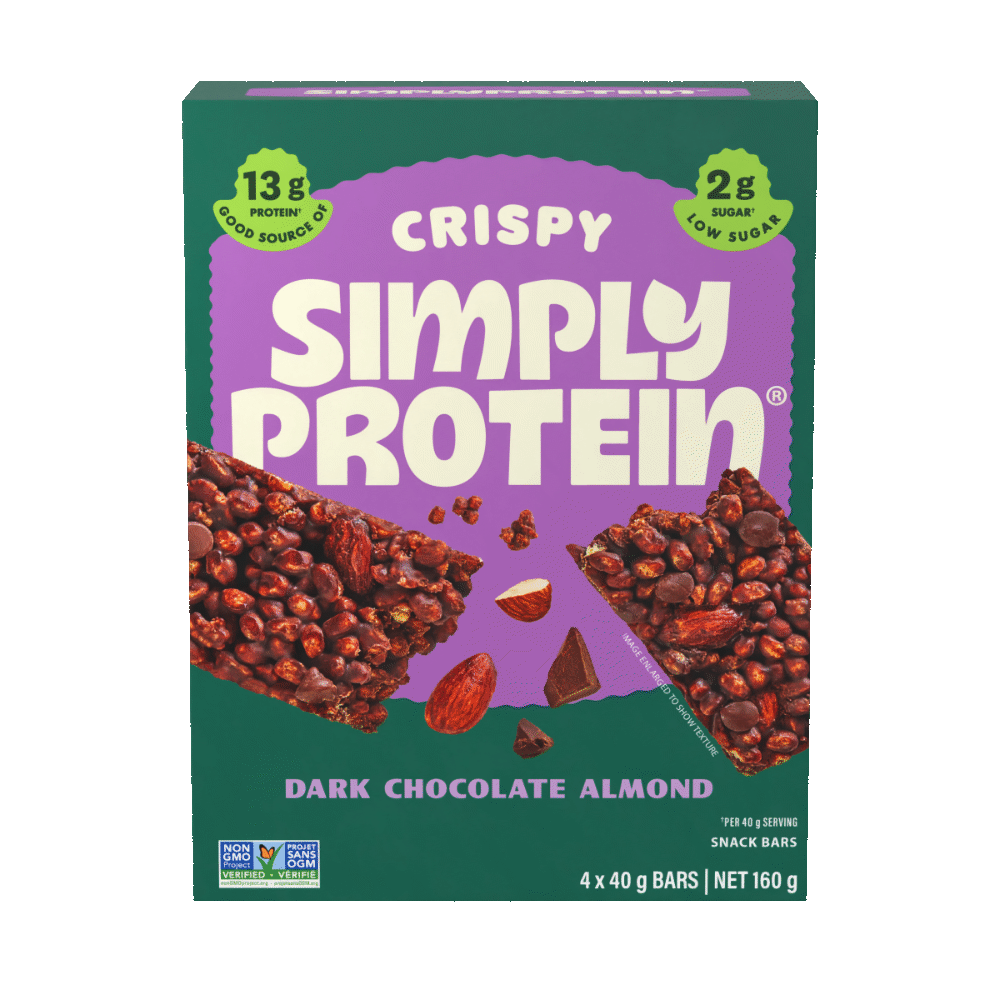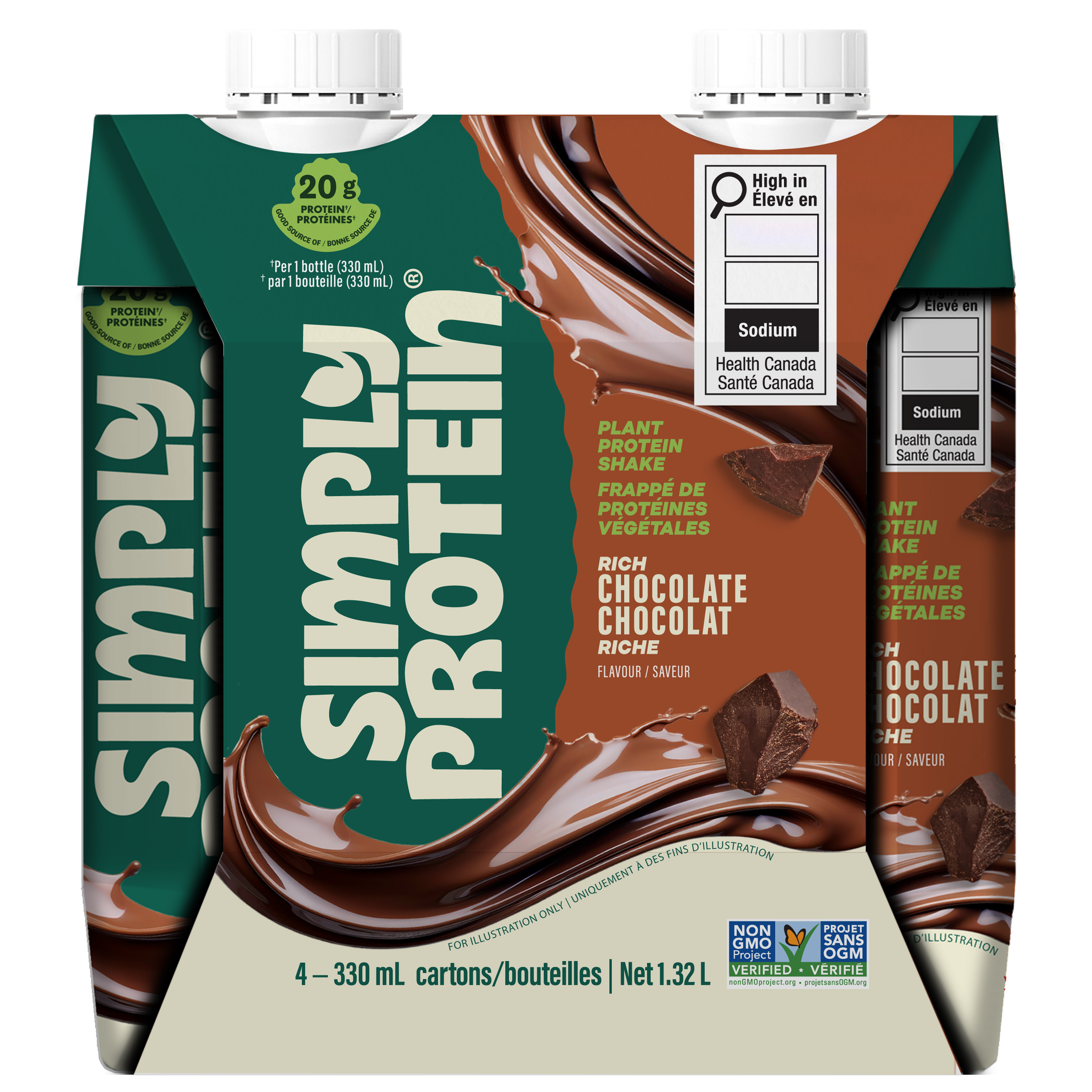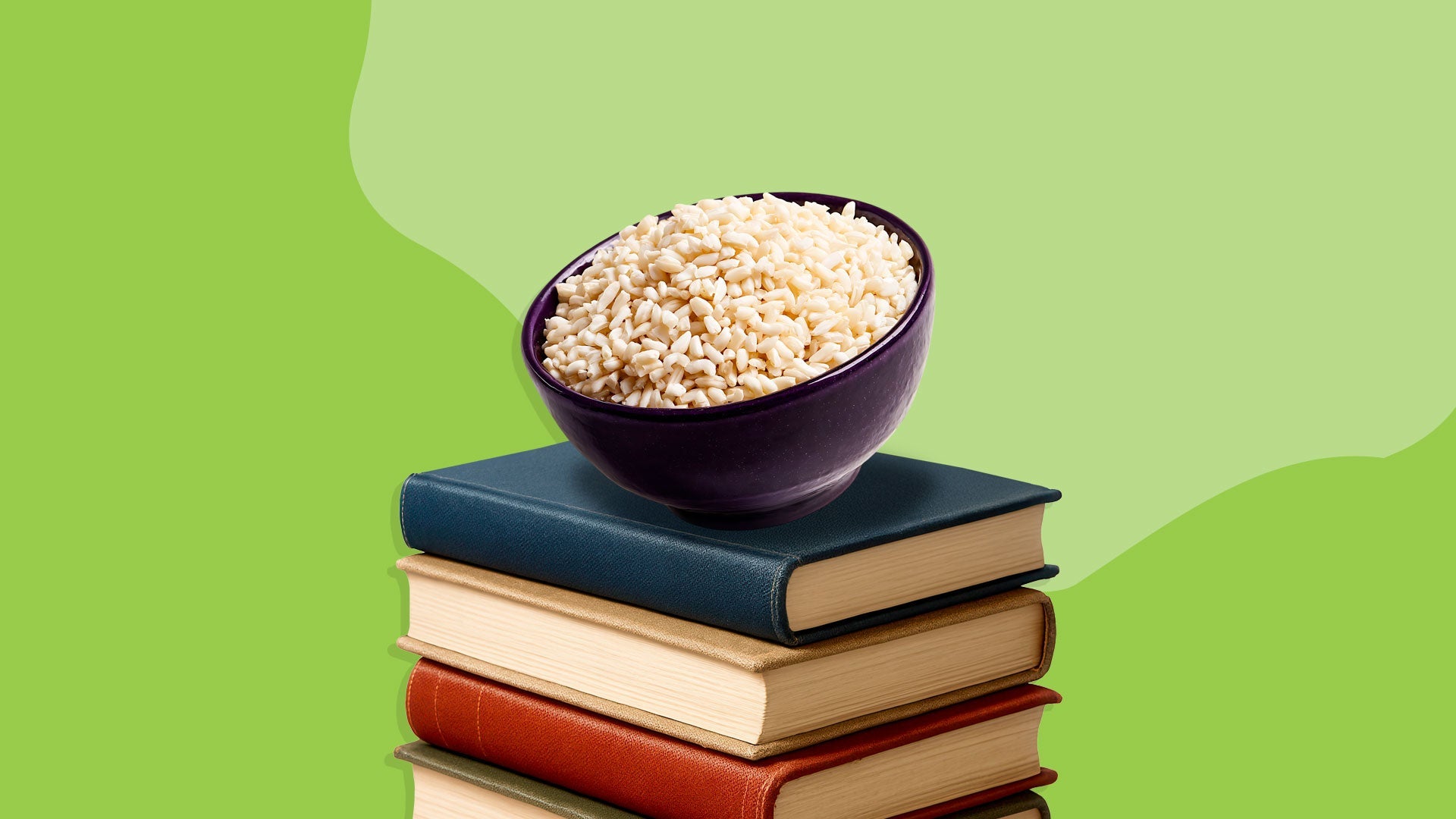How much
protein do
you really
need?
Mystery solved-our new Protein Power Calculator provides your ideal daily protein intake in minutes. Getting the perfect amount of protein each day is the difference between getting off the couch and hitting the trail or hitting “next episode.”
Crunch Those Numbers










